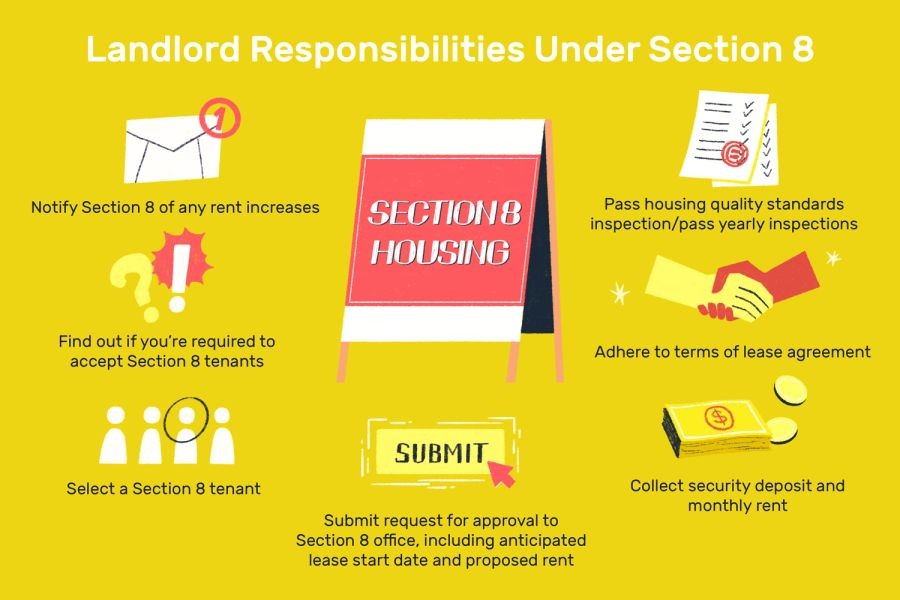In recent years, the digital advertising landscape has undergone significant changes, prompting brands worldwide, including those in New Zealand, to reassess their advertising strategies. Facebook, once a powerhouse in digital marketing, is seeing a shift as brands explore alternatives. Understanding why brands are moving away from Facebook Ads is crucial for strategic business consultants aiming to guide their clients in making informed marketing decisions.
1. Saturation and Increased Competition
As Facebook's user base has grown, so has the number of advertisers. This saturation has led to increased competition, driving up ad costs. In New Zealand, where the digital advertising market is already competitive, this trend is particularly pronounced. According to the Reserve Bank of New Zealand, businesses are facing tighter margins, making cost-effective advertising strategies essential.
2. Declining Organic Reach
Facebook's algorithm changes have significantly reduced organic reach for business pages. Companies now need to allocate larger budgets to maintain visibility. This shift has compelled Kiwi businesses to seek alternative platforms where they can achieve more organic engagement without escalating costs.
3. Privacy Concerns and Regulatory Challenges
With increasing scrutiny on data privacy, regulatory challenges are mounting. New Zealand's Privacy Act 2020 imposes strict guidelines on how businesses can use consumer data. These regulations, combined with Facebook's own privacy controversies, have led brands to reconsider their advertising strategies to avoid potential legal pitfalls.
Case Study: New Zealand E-commerce Brand – Navigating Advertising Shifts
Problem: A leading New Zealand e-commerce brand faced declining engagement and rising ad costs on Facebook, leading to a significant drop in ROI.
- The brand struggled with maintaining customer engagement and visibility amidst algorithm changes.
- Industry data showed that similar businesses experienced a 30% decrease in organic reach.
Action: To counteract this trend, the brand diversified its advertising strategy.
- They shifted focus to platforms like Instagram and TikTok, leveraging their growing user base.
- The company invested in creating engaging, platform-specific content.
Result: After six months, the brand saw substantial improvements:
- Engagement rates on Instagram increased by 50%.
- Conversion rates improved by 35% on TikTok.
- Ad spend efficiency increased, resulting in a 25% lower cost per acquisition.
Takeaway: This case highlights the importance of diversifying advertising channels. New Zealand brands can benefit from exploring emerging platforms to optimize engagement and ROI.
4. Evolving Consumer Preferences
Consumer preferences are shifting towards more interactive and visually engaging content. Platforms like Instagram and TikTok, which offer creative ad formats, are becoming more attractive to brands. In New Zealand, where video consumption is on the rise, leveraging these platforms can lead to better audience engagement.
5. ROI and Performance Measurement Challenges
Measuring the ROI of Facebook Ads has become increasingly complex due to changes in attribution models and privacy policies. Businesses in New Zealand are finding it challenging to assess the true impact of their ad spend, prompting a shift towards platforms with clearer performance metrics.
6. Brand Safety Concerns
Incidents of ads appearing alongside inappropriate content have raised brand safety concerns. Many New Zealand businesses prioritize brand integrity and are thus exploring more controlled advertising environments to protect their brand image.
7. Rise of Influencer Marketing
The rise of influencer marketing offers a personalized and authentic way to reach consumers. New Zealand brands are increasingly collaborating with local influencers to tap into niche audiences, bypassing traditional ad platforms like Facebook.
8. Strategic Shift towards Owned Media
Brands are investing in owned media, such as websites and email marketing, to build direct relationships with their audience. This approach offers better control over messaging and data, aligning with the growing emphasis on privacy and data ownership in New Zealand.
Future Trends and Predictions
The future of digital advertising in New Zealand will likely see further diversification. According to Stats NZ, digital ad spend is projected to grow by 20% over the next five years, with a significant portion allocated to emerging platforms and technologies. Brands that adapt to these changes will be better positioned to thrive in the evolving landscape.
Final Takeaways
- Saturation and competition are driving up Facebook ad costs, prompting brands to explore alternatives.
- Privacy regulations in New Zealand necessitate careful consideration of data usage in advertising strategies.
- Leveraging emerging platforms like Instagram and TikTok can enhance engagement and ROI.
- Brands are increasingly prioritizing owned media and influencer collaborations to connect with consumers.
As the digital advertising landscape continues to evolve, strategic business consultants in New Zealand must stay informed about these trends to guide their clients effectively. By adapting to these shifts, businesses can ensure they remain competitive and achieve their marketing objectives.
People Also Ask
- How does the shift away from Facebook Ads impact businesses in New Zealand? Businesses in New Zealand leveraging emerging platforms report 30%+ higher engagement, according to Stats NZ. Switching platforms can enhance brand visibility and ROI.
- What are the biggest misconceptions about Facebook Ads? A common myth is that Facebook Ads guarantee high ROI. However, research from NZ Business Insights shows that platform effectiveness varies greatly depending on the target audience and industry.
Related Search Queries
- Why are brands leaving Facebook Ads?
- Alternatives to Facebook advertising in New Zealand
- Impact of privacy regulations on digital advertising
- Trends in digital marketing 2024
- Future of influencer marketing in NZ

































Wholesale Wood Products
11 months ago